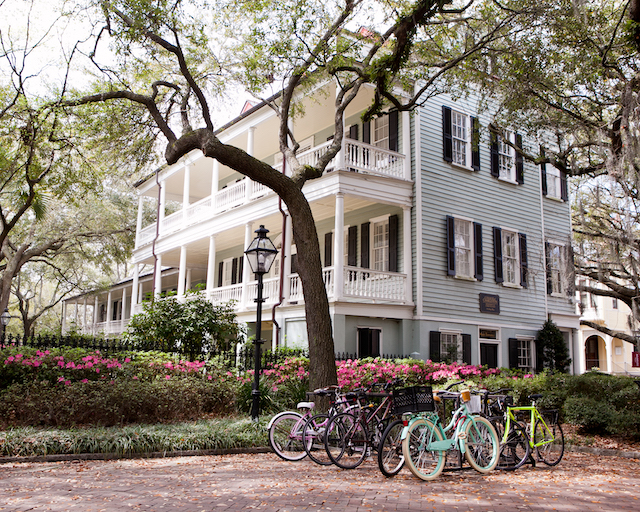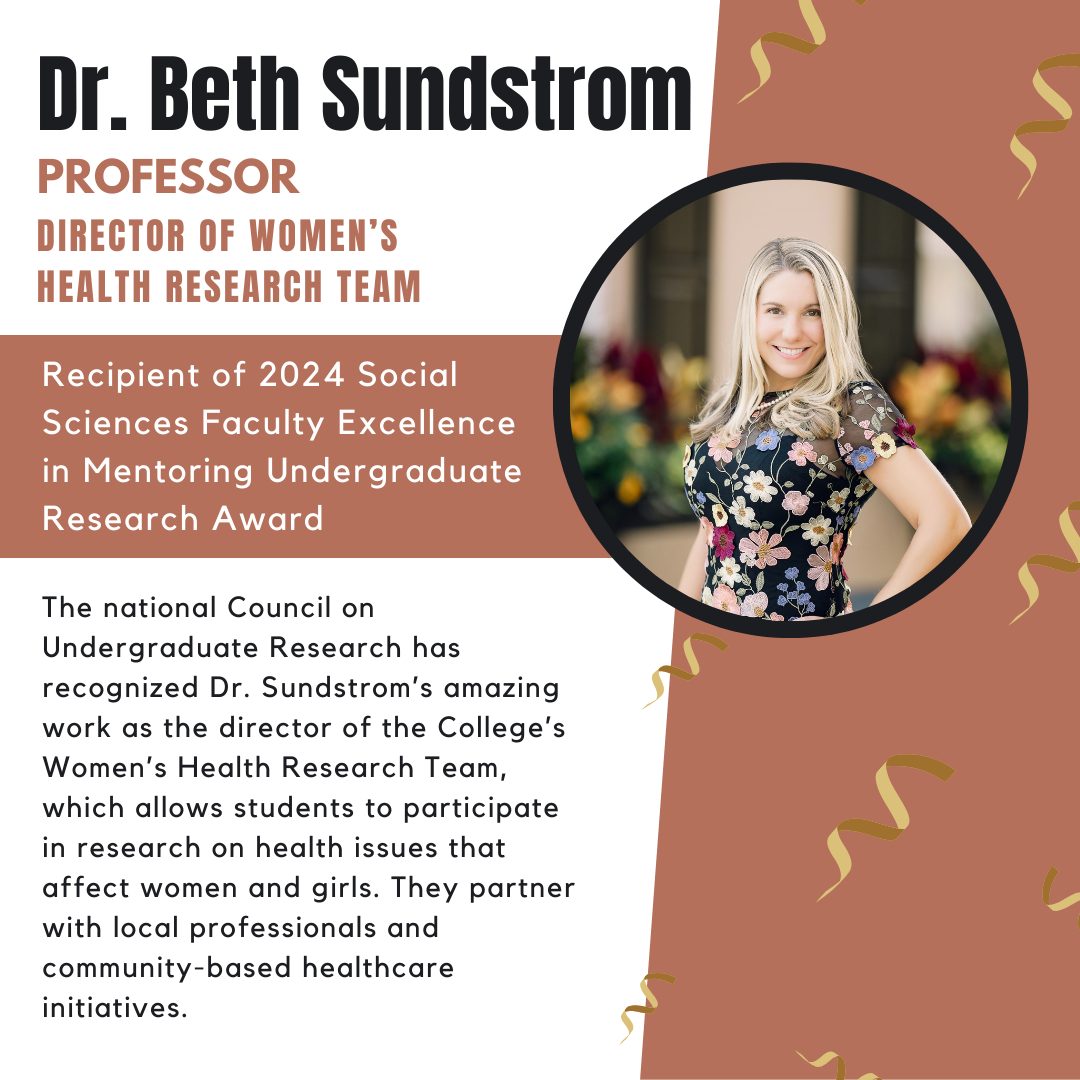Department of Communication
The Department of Communication provides an excellent education in writing, research and media skills.
We encounter hundreds of messages every day. It may be a conversation between friends, a viral social media post or a contentious political debate. It may be a note to a classmate or a strategic marketing campaign. Whatever the message is, the Department of Communication will prepare you to be an effective communicator. Here, you'll learn to lead in a world where effective and ethical messaging matters more than ever.

What You'll Learn
As one of the largest departments on campus, the Department of Communication will provide you with so many opportunities to help you thrive. Here, you'll learn the skills you need to be successful in whatever profession you pursue.
You'll develop skills in
- Writing
- Public speaking
- Research and analytics
- Organization
- Critical thinking
- Working with diverse teams
- Understanding how media works
And so much more!
These skills help you better understand the countless messages we create and consume every day.
ACADEMIC PROGRAMS


Experiences and Funding Awards
The COMM Department is proud to offer many options for you to enrich your experience as a College of Charleston student. Join student groups, network with professionals, study abroad, and apply for scholarships and awards.
Check Out Student Opportunities
National Advisory Council
COMM's Advisory Council features an impressive and diverse team of more than 50 professionals volunteering their time, lending their talent, sharing their knowledge, and preparing Communication students for a career in communications and life after graduation.
Learn more about the CouncilOutstanding Faculty
Led by a mix of world-renowned scholars and industry professionals, COMM majors, minors, and master’s students can expect classrooms full of deep analysis and applicable training.
Meet the COMM Department